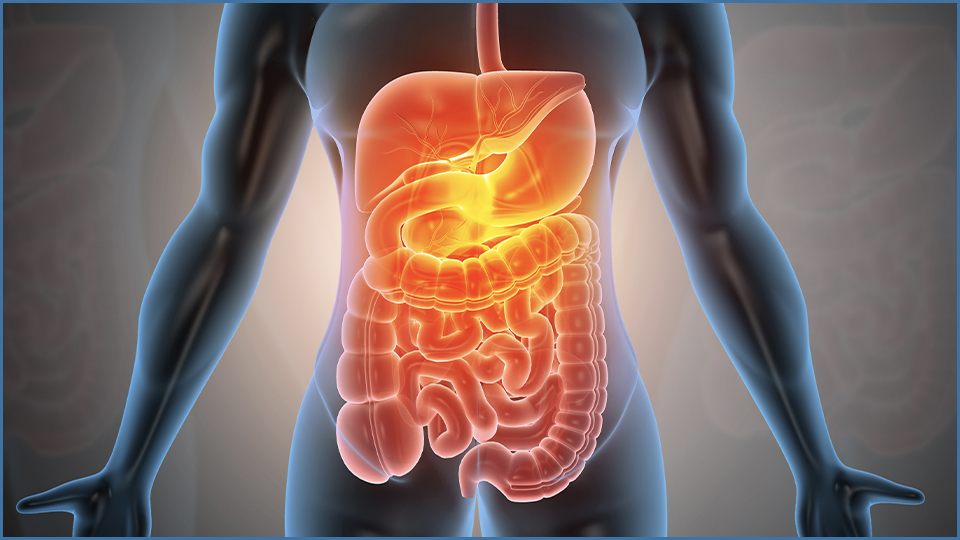Indications for gastro-intestinal endoscopy in the intensive care unit, excluding the management of digestive bleeding.
DOI:
https://doi.org/10.37051/mir-00189Keywords:
Endoscopic sphincterotomy, Acute pancreatitis, Drainage, cholangitisAbstract
There are many indications for digestive endoscopy in intensive care units, apart from digestive bleeding. The endoscopic interventional problem mainly concerns the bilio-pancreatic: drainage of angiocholitis and collections after acute pancreatitis, or after liver transplantation. The development of echo-endoscopy-guided extra-anatomical drainage and luminal apposition prostheses makes it possible to do without more invasive radiological or surgical techniques and, if technically and clinically successful, constitutes a real service to the patient. More common situations such as the placement of a feeding tube, the evaluation of the endoscopic severity of a mesenteric ischemia, the management of a colonic volvulus or a complicated Olgivia syndrome are also encountered.


